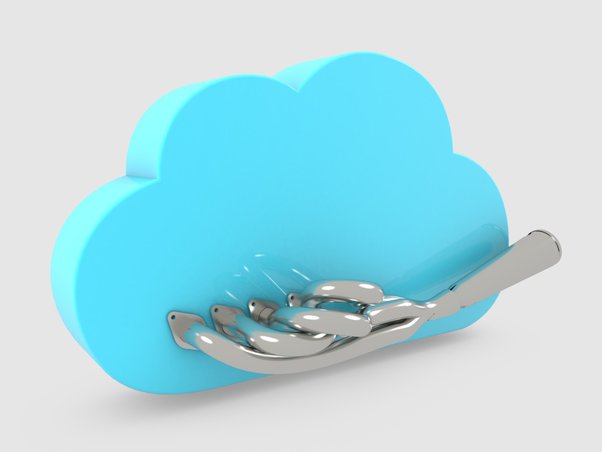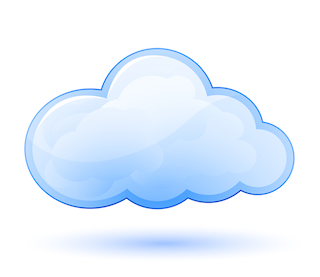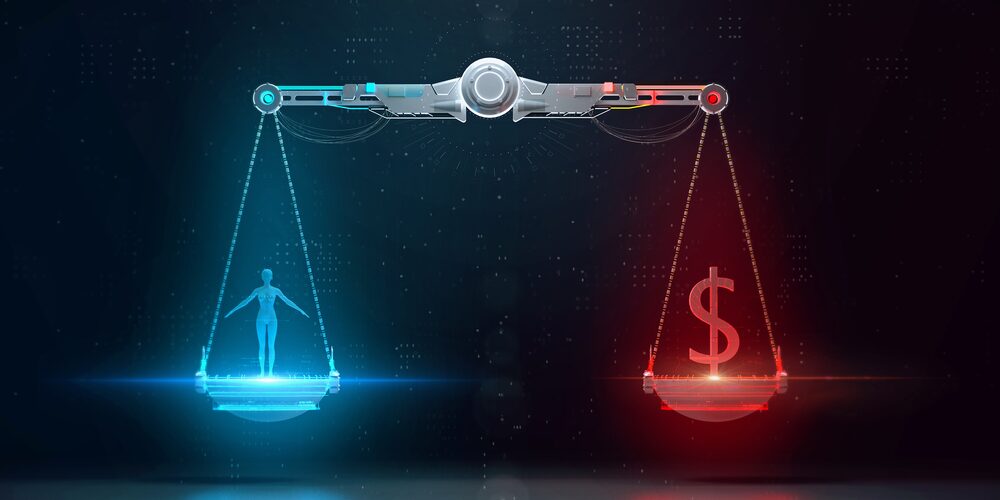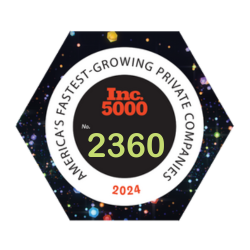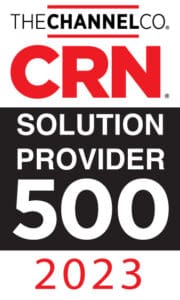Megabytes, gigabytes, terabytes, petabytes, exabytes, zettabytes … yottabytes. New COVID-19 subvariants? Not at all. These are the measuring sticks of our digital lives.
Humans are creating data exhaust at an exponential rate — faster than any society has ever created any amount of other types of waste. While the exact numbers are still being quantified, humans were expected to create, capture, copy or consume over 79 ZB of data worldwide in 2021. Few people talk in zettabytes, so the conversion is 1 ZB equals 1 trillion GB.
How do we generate all that data? Consider a day in the life of an average U.S. consumer. Do you use a connected thermostat? Do you use a sleep monitoring app? Do you have any smart light or a connected refrigerator? Do you have a car made after the year 2000 in your garage? You are generating data.
Active data generation occurs with nearly every move we make. We check email, check social media, go to work with our phones connected to Bluetooth streaming content to our cars, work in connected environments, conduct transactions at lunch or pick up something for dinner on the way home. We stream data that resolve to an image and sound on our television. We send data that resolve to images on another phone or in an app. We are part of a society that has focused on connectivity, with little discussion about the data by-product that such connection creates.
And it’s a time bomb.
Like any volatile substance buried in the ground that could explode with the right ignition source and cause damage, data exhaust can blow back into our lives and cause problems.
With the explosion of data, every breach has proven that we cannot rely on others to manage our data waste. It will become increasingly impossible to avoid creating or consuming data (estimates put us on a pace to create and utilize over 181 ZB of data by 2025 vs. the estimated 79 from last year). So what can any smart consumer do to manage their data exhaust? Every consumer should develop a responsible data management ethic that matches the ethics of not littering the highway or dumping used oil in your neighbor’s yard. Consider these three practices:
- Understand your data. We are well past the time to retire, “I don’t even know how to turn on a computer.” It is no longer an excuse. Every adult must understand the difference between data that is “blind” and data that is what the industry calls PII (Personally Identifiable Information). That includes information such as name, address, phone, email, date of birth and any other data field that can be used to identify you in some way.
- Curate your data. Pay attention to what personal information is captured and where you are putting it. Treat it like a house key. If it does not feel right, do not provide the data. It is past time for consumers to discern how to manage their data and where they put it.
- Protect your data. Ask yourself — what information about me is essential to accomplish what I am trying to do? Learn to manage privacy preferences in all of your social media.
It is not rude to protect your information For any of us to learn to swim in the ocean of information being transmitted around (and in some cases, through) us, managing your personal information is one giant step toward better security and a giant leap toward better digital citizenship.

